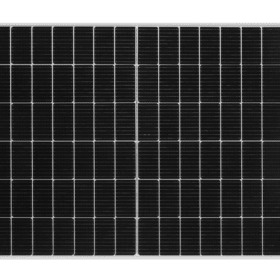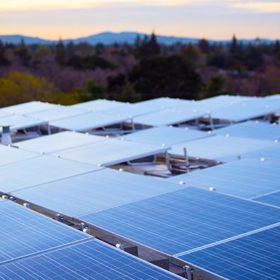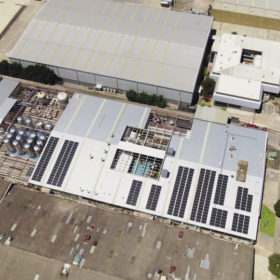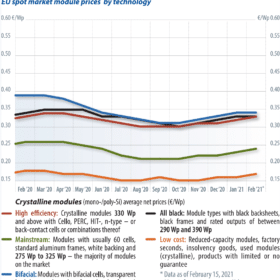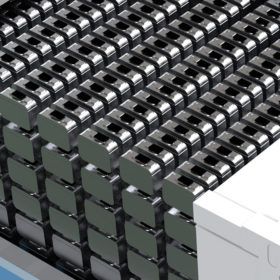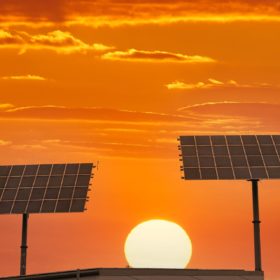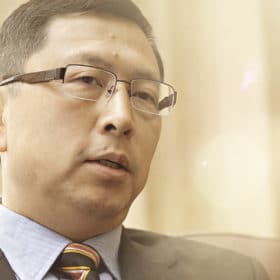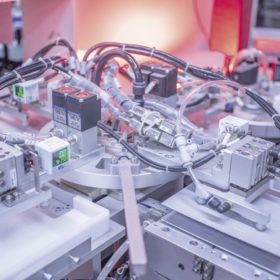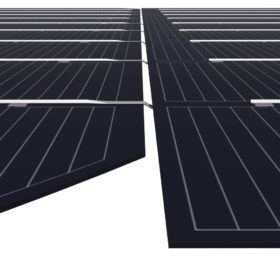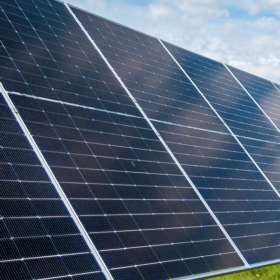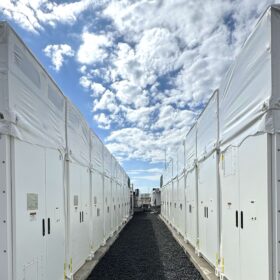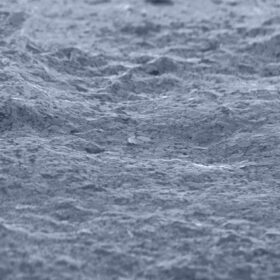OCI increases production capacity at Malaysian polysilicon factory
OCI has revealed plans to invest $55 million to expand production at its Malaysian manufacturing facility from 30,000 to 35,000 metric tons.
JinkoSolar unwraps 415 W PV panel for rooftop applications
The new, Tiger Pro 54HC panel is based on a 182mm, 54-cell design and exhibits an efficiency of up to 21.3%. The manufacturer claims the new product is particularly suitable for residential projects in high snow or high wind load areas.
Q&A: Why bigger is better
Who says size doesn’t matter? The talk of the solar industry town at the moment is the increasing module size. Trina Solar is right in the thick of this revolution with the release of several larger format modules back-to-back in recent months. As pv magazine Australia gets ready to host a webinar with Trina Solar Australia this coming Thursday, we sat down with one of the company’s APAC directors, Andrew Gilhooly, to talk shop.
Sunday read: The regulator’s wish is my export limitation
As distributed PV grows, new grid codes have scared installers across some markets. Network operators want to gain control over grid export, even of smaller arrays. Additions of new array controllers and special gateways could be costly putting speedy development of PV at risk. Fret not, says Fimer, as the Italy-based power-electronics manufacturer has placed the solution to the problem already inside its latest inverter range.
Saturday read: Why human rights protection is pushing up module prices
The solar industry typically sees itself as being supportive of the environment, humanity, and human rights. Even large Chinese PV manufacturers publish statements to this effect, particularly if they are listed on Western stock exchanges. But what do human rights have to do with the solar industry? What connections exist, asks Martin Schachinger of pvXchange, and how are they important to the future success of the European PV market?
Energy Renaissance targets ‘defence grade’ cybersecure BMS
Australian lithium-ion battery manufacturer Energy Renaissance has warned of the threat posed by “nefarious actors” while detailing plans to develop “a defence-grade cybersecure” Battery Management System which will align with its superStorage range of batteries.
Holographic film to protect solar panels from overheating
Russian scientists have developed a holographic film based on prismatic concentrators that reduces the operating temperature of solar panels, including thermal-photovoltaic devices. They claim the patented, low-cost technique can even improve PV module efficiency in cloudy weather.
‘Falling solar module costs are behind us’
Canadian Solar is pivoting towards energy storage and is preparing to IPO its manufacturing and Chinese solar project activity in China, under the CSI Solar operation, by July.
Sunday read: History repeats
“Unprecedented” was a term widely used in 2020, as the world grappled with the Covid-19 pandemic. The same word can be similarly applied to the plans and investments in production capacity announced by Chinese PV manufacturers right across the supply chain. But what shape are these expansions taking and what is driving this renewed confidence? Vincent Shaw reports from Shanghai.
Saturday read: Clever by half
Enhanced module appearance and power output can be achieved by a smart cell interconnection technique Longi is employing in its Hi-MO5 module series. But as with all new technologies, there are potential pitfalls.

